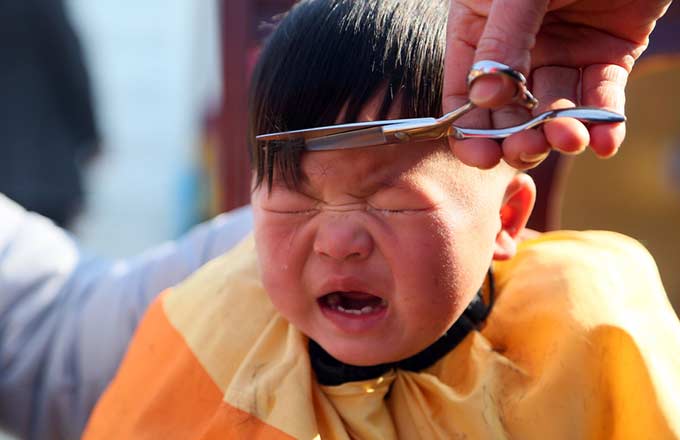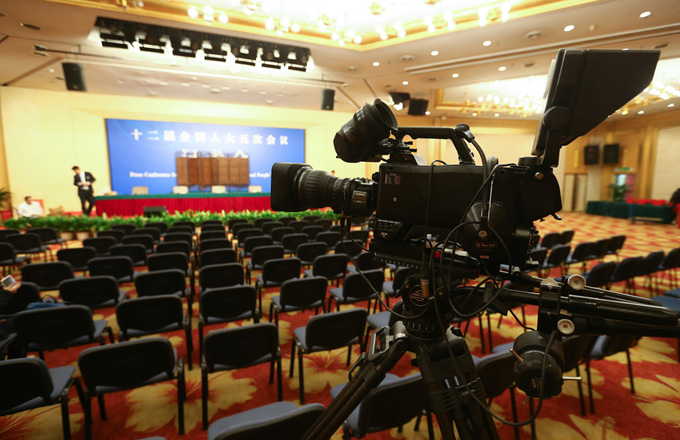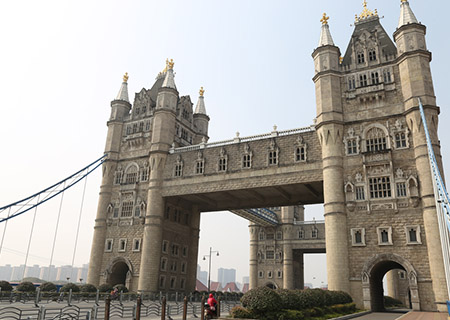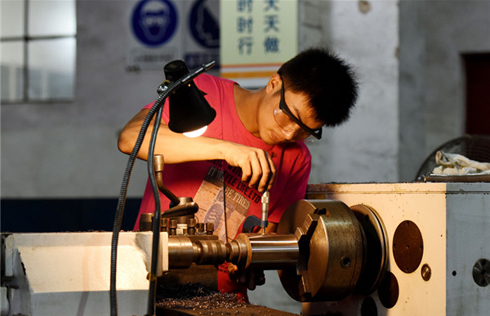Medical dispute cases see significant decline
The number of lawsuits in 2016 fell by 6.7 percent year-on-year
The Supreme People's Court released data on Thursday showing that the number of conflicts between health workers and patients has fallen in recent years, pledging to further boost efforts to prevent such incidents.
The total number of civil and criminal cases that stemmed from medical disputes fell by 6.7 percent last year compared with 2015, according to the top court.
Civil courts nationwide received 21,480 cases last year in which litigants claimed compensation for medical disputes, down by 7.5 percent year-on-year. Of those cases, 6,489 were resolved through mediation, while 3,572 were withdrawn.
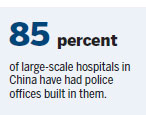
The data did not include figures for criminal cases.
"We've cooperated with health authorities to take measures to reduce conflicts, such as introducing stricter punishments and setting up mediation centers at hospitals, and we are starting to reap the rewards" said Ma Yan, a deputy judge at the top court's No 5 Criminal Tribunal.
"There has been a decrease in disputes, but the negative effects of individual cases is still a significant issue," Ma said, adding that courts at all levels have been ordered to severely punish crimes related to medical conflicts.
On Monday, He Zhengping of Hunan province was sentenced to death with a two-year reprieve after he attempted to kill the 10-year-old son of a doctor at a township hospital over a dispute about medical fees.
"It is understandable that some patients might want to express their grievances about insufficient medical resources and ineffective treatments, but venting their anger by harming medical workers is the worst way in which to do so," said Xu Yongjun, another judge at the tribunal.
"In addition to severe punishments, solving medical disputes requires intervention by legal workers ahead of lawsuits," Xu added.
In December, a court in Qingdao, Shandong province, set up a center at a major hospital for judges to provide legal aid to patients "to mediate disputes at an early stage", Xu said.
Guo Yanhong, deputy director of medical administration at the National Health and Family Planning Commission, said mediation services have been introduced at hospitals at provincial and city levels.
In addition, 85 percent of large-scale hospitals have had police offices built in them, and more than 6,000 have installed alarm systems that are connected to the local public security network, Guo said.
caoyin@chinadaily.com.cn








